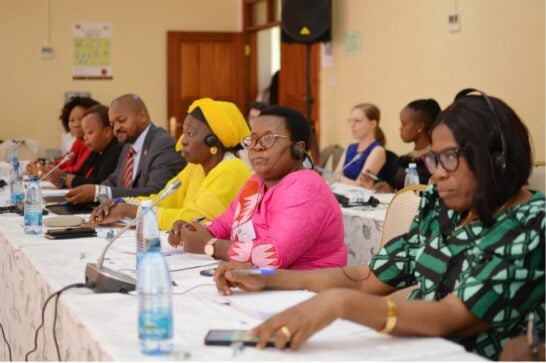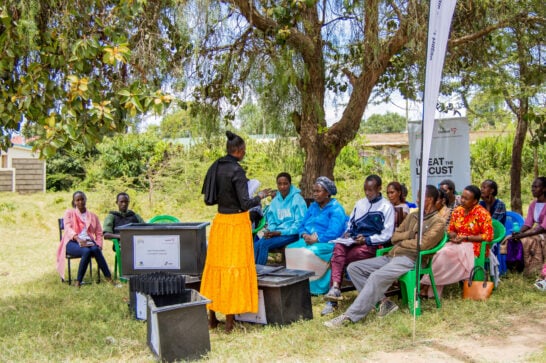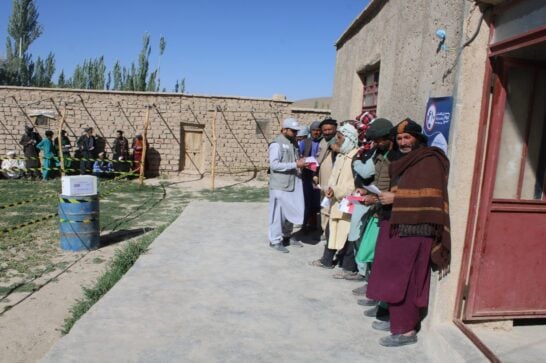Cordaid brings together development professionals and young leaders from across the globe to engage in meaningful and creative partnerships. In this project, young filmmakers from conflict-affected settings showed the youth’s perseverance in breaking down barriers and fostering social change.
Young people are often the majority in conflict-affected countries. Their contributions to society as peacebuilders, artists, activists, entrepreneurs, and innovators, are undeniable and prove to be an antidote to extremism and intolerance. In crisis areas the world over, they are a source of change for the better.
Watch the videos of Young People Behind Cameras
Young People Behind Cameras allowed the participants to act constructively on their hard realities. By learning the skills of video making and sharing their stories with the world, they have become change agents in their communities, improving the situation for young people.
Their videos are being used to convince policymakers to invest in young people and to invite them as equal partners at the decision-making table. Cordaid will continue to support youth given their capacity and the crucial role they play in society.
Barriers of exclusion and power imbalance
Especially in fragile settings, youth disproportionally face harsh barriers of exclusion and power imbalance, politically, socially, and economically. Age works against them. And for young women, gender inequity comes on top of that.
Instead of being invited to meaningfully participate in solving conflicts and shaping the future of their villages, their cities, and their countries, they are sidetracked. When they raise their voices, they’re not listened to. Or imprisoned.
Stories from conflict-affected settings
But as Fanta Bathily, a young Malian leader working with Cordaid, points out, silence is not an option they easily consider. “As a general rule, women are not allowed to take part in village assemblies. Let alone young women”, she says. “That is something that has to change. As a young woman, I have the right to speak out and to participate in decision-making, on all levels in my country. And I will continue going from village to village on my motorbike, propagating that right and discussing it with others. Even if village elders challenge what I do.”
Someone who won’t be stopped either is Maimona Almoalem. She works and lives in the besieged city of Taiz, Yemen. “Yemen’s youth are extremely active”, Maimona explains. Despite the fear, grief, and suffocation of war, we are increasing our skills and our talents. Essentially, being young means chasing your dreams. But here, kids younger than myself only know war. They don’t even have dreams anymore.”
According to Maimona, young people should be actively involved in peacebuilding. At the same time, she warns that the opportunities to do that are extremely slim.
Maimona: “The main reason is that those who are in power, the older generation, simply do not believe in us. But I will go on, reaching out and supporting kids in my street. Studying, writing. Travelling, crossing checkpoints, fighting ignorance and narrow-mindedness and defending our rights to live a life without fear. And starting my own business! The conflict won’t stop me.”



